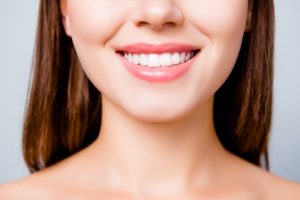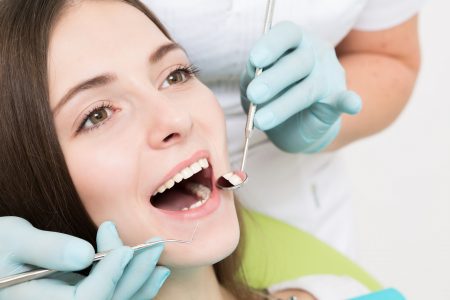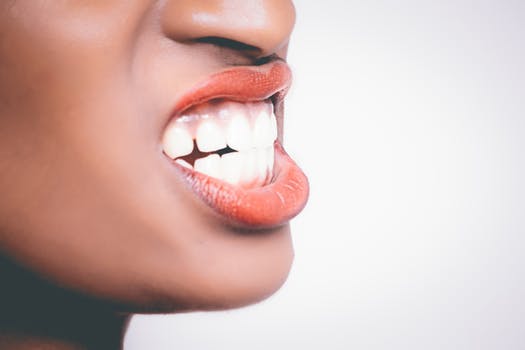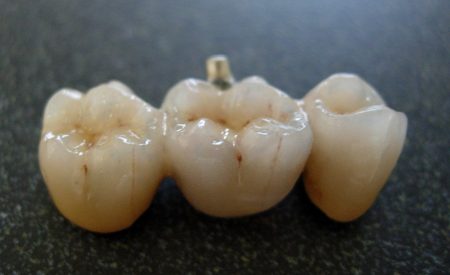Q: What do I do if I damage or knock out a tooth?
A: Good question. It’s not just the young who are at risk for dental trauma. A fall, whether it’s off a bike, or in the house, or in a collision with a tennis doubles partner or his racquet are just some of the scenarios in which an adult can experience dental trauma.
If a tooth is knocked out, first of all, retrieve it if you can. Keep it moist with saliva or milk. Don’t scrub it clean because some of the fiber attached to it could be helpful in successfully replanting the tooth. Go to your dentist—not a hospital emergency room—as quickly as possible. Likewise, if you chip or break a tooth, retrieve the broken-off part if possible. If the dentist cannot repair the tooth with the part you retrieved, depending on the size of the chip, he may be able to fix it with a tooth-colored resin. If the chip is sizable, however, the dentist may need to put a crown over the tooth.
If a tooth is knocked loose, you may be able to push it back into place yourself. But you should still see a dentist as soon as possible. The effects of dental trauma are not always obvious. While the teeth may look fine after you’ve sustained some sort of blow, there could be damage that only a dental examination, perhaps with an x-ray, will detect.
If you, your family or friends need dental care, we would be honored to provide you with state-of-the-art dental care in our modern dental practice. Refer someone you love to someone you trust!
Presented as a service to the community by Doctors Hoover and Yanda,
39 Milford Drive, Hudson, Ohio 44236. 330-650-0360. www.drshooverandyanda.com



 Dentures are removable appliances that can replace missing teeth and help restore your smile. If you’ve lost all of your natural teeth, whether from gum disease, tooth decay or injury, replacing missing teeth will benefit your appearance and your health. That’s because dentures make it easier to eat and speak better than you could without teeth—things that people often take for granted.
Dentures are removable appliances that can replace missing teeth and help restore your smile. If you’ve lost all of your natural teeth, whether from gum disease, tooth decay or injury, replacing missing teeth will benefit your appearance and your health. That’s because dentures make it easier to eat and speak better than you could without teeth—things that people often take for granted. Did you know that the average adult between the ages of 20 and 64 has three or more decayed or missing teeth? If you are missing one or more teeth, there are plenty of reasons to correct the problem. For one thing, a large space between your teeth may affect how you speak or eat. Even if it’s not noticeable, a missing molar can affect how you chew. Remaining teeth may shift which can lead to tooth decay and bone loss.
Did you know that the average adult between the ages of 20 and 64 has three or more decayed or missing teeth? If you are missing one or more teeth, there are plenty of reasons to correct the problem. For one thing, a large space between your teeth may affect how you speak or eat. Even if it’s not noticeable, a missing molar can affect how you chew. Remaining teeth may shift which can lead to tooth decay and bone loss.